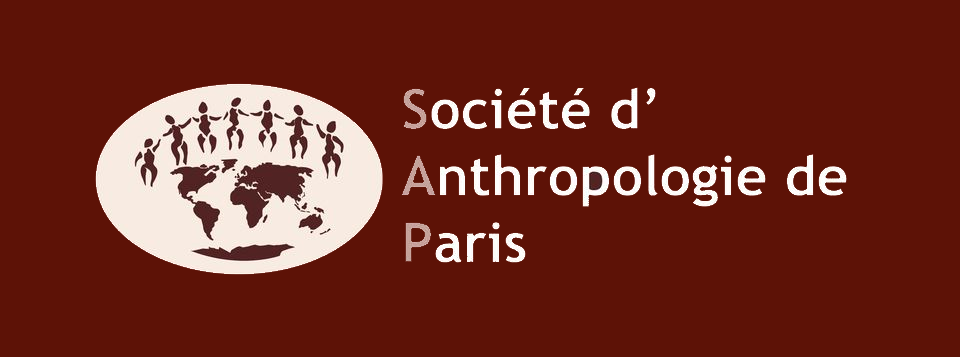January 24-26 at the Athénée Joseph Wresinski, in Bordeaux
Topic area 1: The Neanderthal Lineage: Current Knowledge and New Perspectives
Invited speaker: Prof. Emma Pomeroy, Department of Archaeology, Cambridge University, UK
"Insights into Neanderthal mortuary behaviour from Shanidar Cave, Iraqi Kurdistan: An update"
New fossil discoveries, palaeogenetic or morphometric analyses, absolute or relative dates or syntheses and models for Eurasian Neandertal populations are all themes which fall within the scope of the session "The Neandertal Lineage: Current Knowledge and New Perspectives". Communications on the history of research into this fossil human lineage or on interactions between biology and culture based on the study of traces on bones and teeth are also welcome. This session will provide a forum for meetings, discussions and exchanges on the current state of research into the Neandertal lineage.
To be accepted, contributions must concern unpublished results in the form of an oral presentation or poster (including studies carried out as part of a Masters degree).
Scientific Committee: Priscilla Bayle, Christine Couture-Veschambre, Isabelle Crevecoeur, Brad Gravina, Juliette Henrion, Bruno Maureille, Aurélien Mounier
Topic area 2: Mortuary practices and social inferences
Invited speaker: Prof. Chris Fowler, School of History, Classics and Archaeology, Newcastle University, UK
"The work of kinship: opportunities and challenges in inferring kinship from the remains of Neolithic mortuary practices"
Understanding the social behaviour of past societies has been an important, if not fundamental, part of archaeological research since its inception. In this framework, burial sites can provide valuable clues about the relationships between individuals, groups and cultures.
Traditional bioarchaeological approaches combined with recent developments in biomolecular techniques have opened the way to explore areas previously inaccessible to ancient periods. It is now possible to document the organization of burial sites, the recruitment of populations, dietary behaviour, the mobility of individuals or groups, their origins or their biological relationships with ever greater precision. Multiproxy and multiscale biological and funerary studies integrated with all archaeological data (architecture and funerary material, corpse management, etc.) offer new perspectives for the interpretation of social systems, and it is now possible to discuss in more detail the structures and functioning of groups, as well as the systems of networks, hierarchy and residence by which they operate.
Burial data and biological data, however, are far from reflecting the complexity of the human relationships that define societies. Therefore, caution is needed in interpretation, as the world of dead represents only one - often truncated - part of the world of the living. The increasing use of concepts from social anthropology and ethnography in studies is opening up new interpretative possibilities, particularly with regard to individual and group mobility, residence and kinship systems. At the same time, crossing the disciplines also raises the question of the limits of biology's contribution to the study of ancient groups.
This session is intended to be open to all periods and contexts and to provide a forum for discussion on the integration of all available data in a burial context. By also inviting contributions from the fields of social anthropology and ethnography, we hope to facilitate a reconstruction of past social practices that embraces this complexity.
Scientific Committee: Dominique Castex, Bérénice Chamel, Olivia Munoz, Mélanie Pruvost, Hélène Réveillas, Maité Rivollat, Stéphane Rottier
Topic area 3: Scientific breaking news
Scientific Committee |
Organising Committee |
|
|



